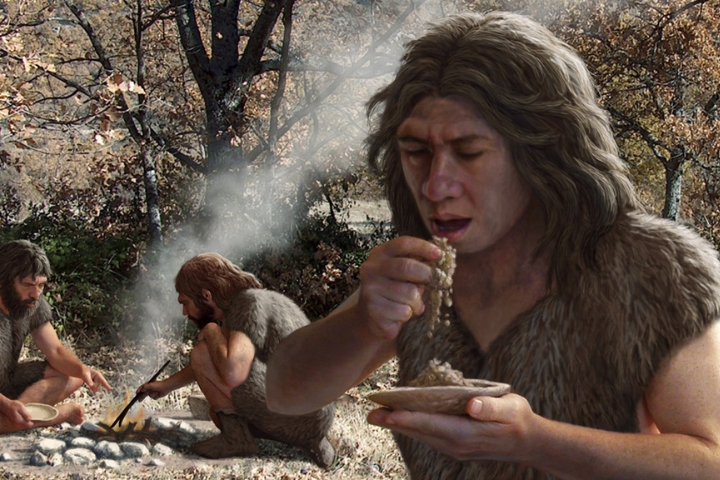New research published in Science suggests that humans’ liking for carbohydrates could go back a long way in our history. This study disagrees with the idea that early humans mainly ate meat and believes they probably had a diet full of starchy foods like roots. There is evidence from archaeology that shows early humans cooked different plant foods, which means they liked carbs even before farming started.
The study, done by scientists from The Jackson Laboratory and the University of Buffalo, looks at the genes that make us like carbohydrates. They focused on a gene called AMY1, which helps turn starch into simple sugars that give us energy. The history of this gene shows that our love for carbs might have started before farming even began.
Genetic Insights into Carbohydrate Consumption
The study looked into the genomes of 68 ancient humans, uncovering important details about their carbohydrate-rich diets. The findings show that hunter-gatherers from as long as 45,000 years ago had between four to eight copies of the AMY1 gene. This indicates that they had already developed a preference for starch well before domesticated crops became central to human diets.
Notably, the presence of duplicated AMY1 genes was also observed in Neanderthals and Denisovans. This similarity among three different human species suggests that the ability to digest starch was a trait shared by a common ancestor. These results imply that this beneficial genetic trait emerged around 800,000 years ago.
Implications for Human Evolution
As it turns out, the ramifications of this study go beyond simply understanding changes in food habits. There is an association between the number of repeats of the AMY1 gene and a better efficiency in starch digestion. The ability to metabolize such ingested sugars probably facilitated the evolution of the human brain over an extended period by providing such energy needs.
In this regard, the study was important, stated Taylor Hermes, an assistant professor at the University of Arkansas. He explained, “The fact that AMY1 copy number has been shown to increase helps to understand the way in which early humans moved from hunting and gathering to agricultural practices that included high starch diets.” The research is aggrandizing anthropological studies on how changes in diet have influenced the evolution and health of human beings.
The findings from this study offer compelling evidence of humanity’s long-standing relationship with carbohydrates. As researchers continue to investigate ancient genomes, we gain deeper insights into the dietary habits that have influenced our evolution. This work underscores the importance of carbohydrates in shaping not only our diets but also our biology.




GIPHY App Key not set. Please check settings